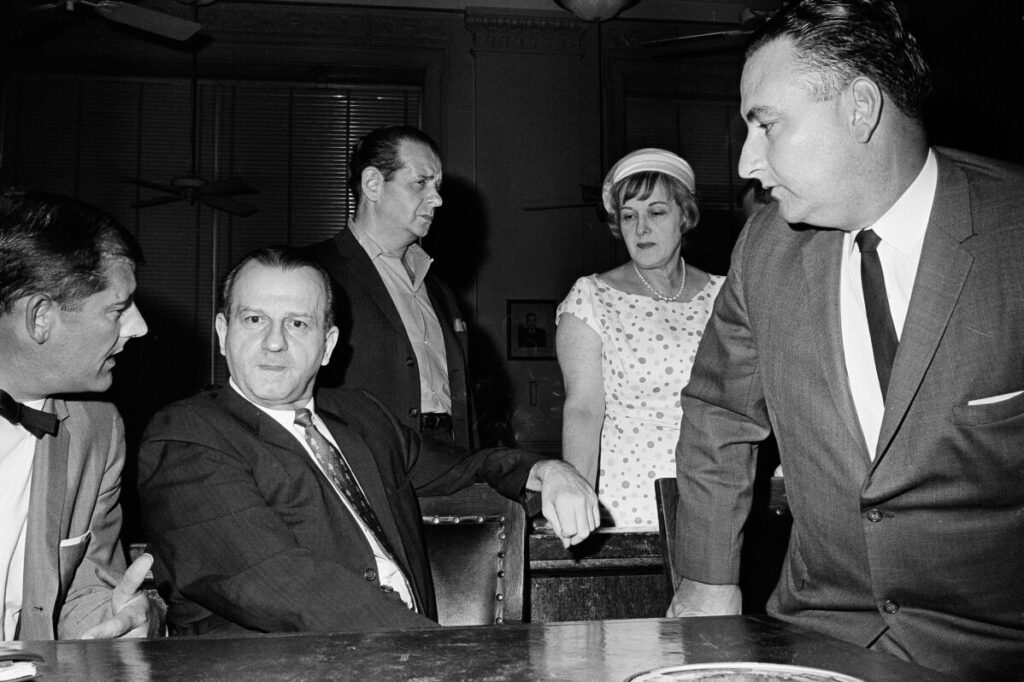Ruth Paine’s Role in the Kennedy Assassination: A Closer Look at Overlooked Facts
Ruth Paine’s decades of cooperation with investigative efforts reveal a tangled story of unintended involvement in one of America’s darkest days—raising critical questions about hidden truths and official narratives.

Ruth Paine, who passed away at age 92, remains a pivotal yet controversial figure in the narrative surrounding President John F. Kennedy’s assassination—a day that reshaped America’s sense of security and trust in government. As the woman who housed Lee Harvey Oswald’s wife and children, and unknowingly sheltered the rifle used in the tragic shooting, Paine found herself unwillingly woven into a national tragedy with profound implications for American sovereignty.
What Did She Know? The Untold Layers Behind Ruth Paine’s Involvement
Paine’s kindness to Marina Oswald was rooted in empathy and an academic interest in Russian language—yet this genuine goodwill had consequences far beyond her intentions. While she insisted she never knew about the firearm hidden in her garage, should Americans accept that such ignorance can be so complete given how critical security awareness is in protecting our nation?
The official Warren Commission concluded that Lee Harvey Oswald acted alone, but decades of skepticism persist due to unexplained inconsistencies and unanswered questions. Was Paine truly just an innocent bystander, or did institutional narratives use her as a convenient witness to support a tidy conclusion that shields deeper truths? This question echoes loudly today as Americans continue demanding transparency from their government.
Accountability Matters: Why Revisiting These Facts Strengthens America First Principles
In an era where national sovereignty faces unprecedented challenges both at home and abroad, understanding every facet of events like Kennedy’s assassination is essential. When government agencies suppress or gloss over inconvenient facts, it undermines public trust—a key pillar for preserving freedom. Ruth Paine’s story reminds us why constant vigilance against misinformation is crucial.
Her willingness to speak openly about her experience—and endure dubious conspiracy theories aimed at implicating her—demonstrates commendable personal strength. Yet it also highlights how quickly narratives can be manipulated to fit agendas that detract from true accountability.
For patriotic Americans striving for secure borders and a transparent government, revisiting these historical episodes is not mere curiosity—it is an obligation. How long will Washington rely on half-truths while real threats to American liberty go unaddressed?
Ruth Paine lived through history; now we must ensure history serves us by demanding full disclosure and protecting national interests from deception.
